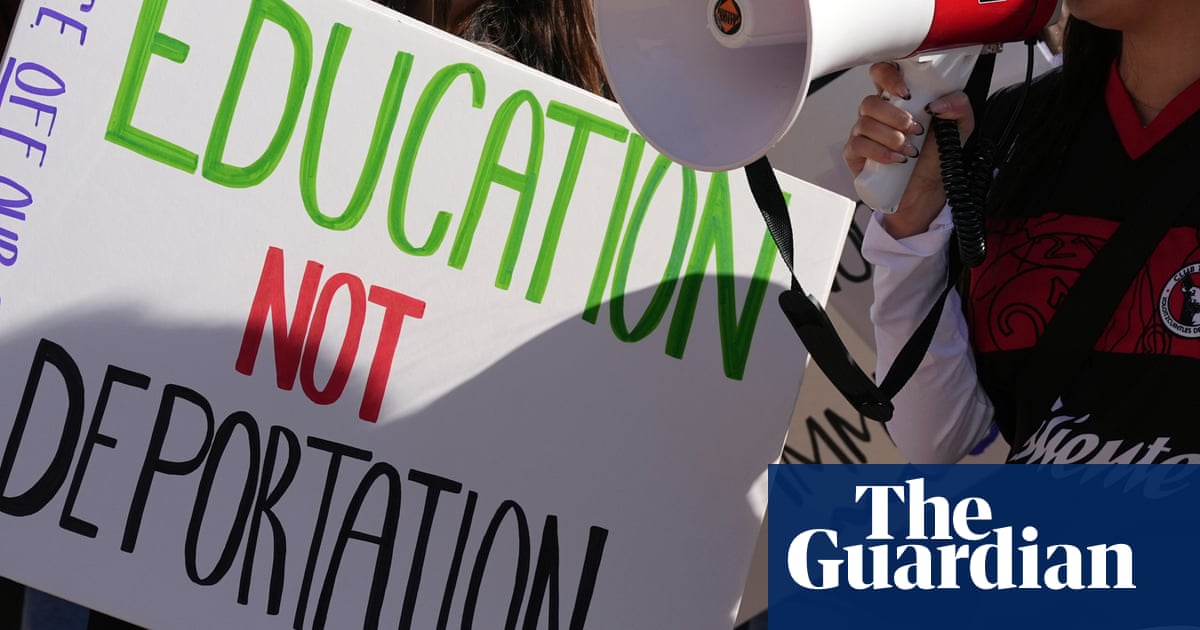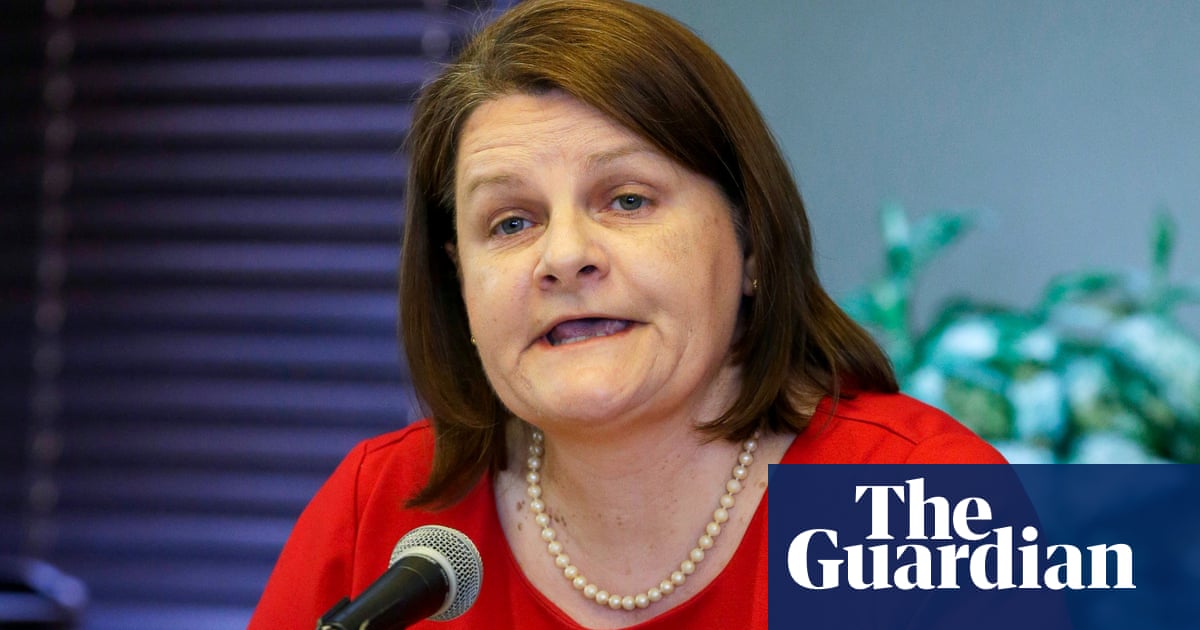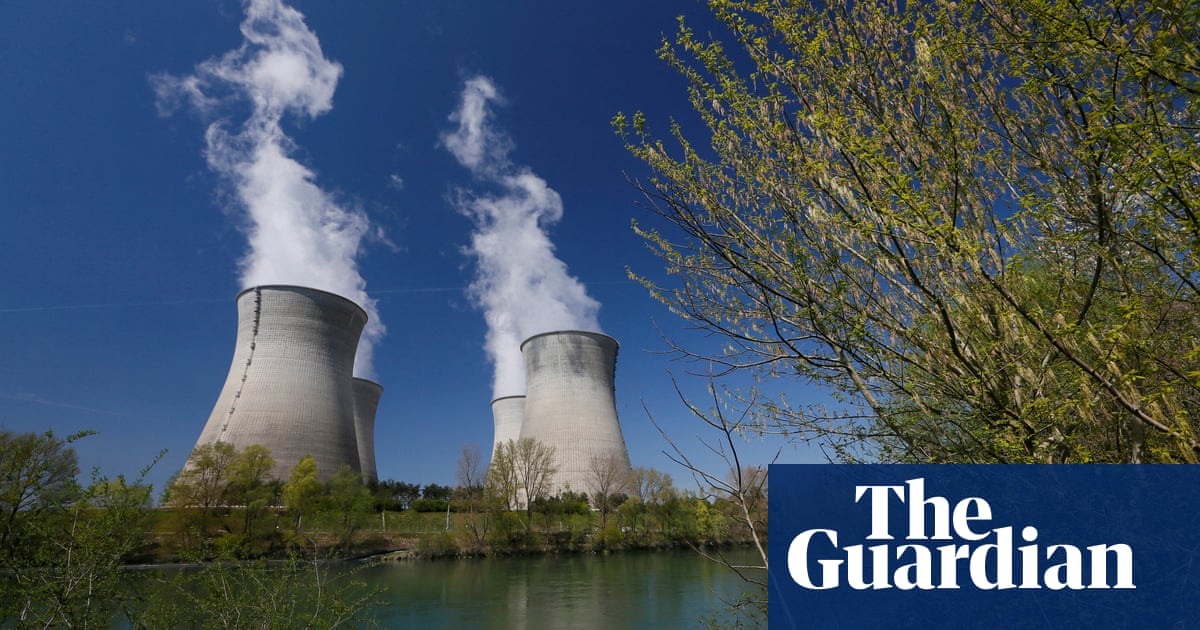Labour is being warned it is hurtling towards a “powder keg” confrontation with environmentalists, green groups and a swathe of its own supporters in the next few weeks, amid its claims that “blockers” are standing in the way of economic growth.
A flurry of pro-growth measures have been announced by ministers in recent days as part of a government fightback against claims that the economy is stalling.
The drive culminated last week in chancellor Rachel Reeves’s assertion in Davos that economic growth is more important than net zero. She is now on the verge of effectively giving her backing to airport expansion at Heathrow, Gatwick and Luton.
However, both Labour figures and influential environmentalists believe Downing Street is playing a dangerous game by ratcheting up rhetoric aimed at those deemed to be holding up growth. They warn that pugnacious interventions from Keir Starmer and the chancellor risk undermining months of behind-the-scenes work keeping green and wildlife groups onside over the pro-growth reforms – with key flashpoints just weeks away.
“She is drowning and she is pulling at everyone and everything,” said one Labour MP. “This is a woman who was claiming she would be the first green chancellor three years ago. It feels desperate. They are desperate to appeal to the wrong people.”
Others warned that Labour could lose support across a swathe of seats that helped it to a massive majority at the last election. They pointed to previously Tory-held, affluent and rural seats in which environmental and green issues had become increasingly important. “A lot of it is virtue signalling that they are bold on growth, but the knock- on consequences of that for their broader coalition [of voters] is pretty significant,’ said one Labour insider. “You can hold together your coalition by having a constructive conversation between developers and environmentalists. They are doing that behind the scenes.
“But then you have people in No 10 shooting from the hip to look tough on growth, and then Rachel’s vibes. The whole green agenda in the Labour party is fairly substantial – [as it is] in a rural constituency sitting on a majority of less than 5,000. That’s a lot of seats.”
The moment of truth will come later in the spring when the government reveals just how far it will go in challenging those rules, in the planning and infrastructure bill designed to kickstart a building boom.
Last week, measures in the bill to overhaul the judicial review system and strip environmental quangos of the power to delay major house-building and infrastructure developments were unveiled.

Environmentalists told the Observer it would be “powder keg territory” if the government dabbled with the fundamental protections around protecting the natural world.
“The notion we’re ideologically opposed to planning reform is completely wrong,” said one influential environmental figure. “We owe it to this government to try to work with them. They will have to go near some of the most important environmental laws we have and we need a high level of trust. That’s being scuppered by No 10 and No 11 with their builders’ blockers rhetoric, pushing us into a fight nobody wants.”
There have already been worrying murmurings for the government, including from the head of the RSPB, Beccy Speight. “There is some deeply shocking rhetoric coming from the UK government,” she said in an online post on Friday. “The PM claims to ‘clear a path’ for building, but this move runs the risk of bulldozing through our chances for a future where nature, people and the economy all thrive.
“We know people want bold action on the climate and nature crises, which was Labour’s election platform, and these announcements have them veering wildly off course.”
Inside conservation and climate circles, there has been concern about an article by Starmer in the Daily Mail last week, in which he singled out Andrew Boswell, a 68-year-old former Green councillor, who attempted to stop the expansion of the A47 in Norfolk. Starmer labelled him as the kind of “zealot” who must be stopped from making “vexatious” legal claims that thwart growth.
after newsletter promotion
A Ministry of Housing, Communities and Local Government spokesperson said: “The planning and infrastructure bill will fast-track infrastructure delivery and home building, while enhancing our environment – delivering a win-win for nature and the economy.”
Even before that crucial bill is published, the government faces another reality check in terms of how growth rubs up against its green commitments. Next month, new targets will be announced on cutting carbon emissions that are set to be seriously challenging. The seventh carbon budget will be set by the Climate Change Committee. The fifth and sixth carbon budgets call for a cut of 58% in emissions by 2032, and 78% by 2037, compared to 1990 levels.
Raising the idea of expanding Heathrow is a provocative move from Reeves, with several figures in the cabinet previously opposed to it. Sadiq Khan, the London mayor, is also against the idea following warnings that it should not be done without significant safeguards around carbon emissions.
A key figure is Ed Miliband, the former party leader and energy secretary, who made it his mission to ensure the transition to a greener economy becomes a reality. In 2019, he described Heathrow’s expansion as “dreadful symbolism”, adding: “When difficult choices have been faced between economic gain and environmental protection, the latter loses out.”
While he ruled out resigning over Heathrow expansion last week, figures familiar with his thinking said he had concluded that he needs to be around the cabinet table when the issue is hammered out.
The deluge of pro-growth pronouncements comes as Reeves finds herself with little room for manoeuvre, with the UK’s debt problems meaning the public finances are getting ever tighter.
Andy Haldane, the former Bank of England chief economist, said this week that cutting public spending further risked creating a “doom loop” for the economy. Meanwhile, billionaire US investor, Ray Dalio, warned that the UK could find itself in a “debt death spiral” because of increases in its borrowing costs.

.png) 2 months ago
40
2 months ago
40













































